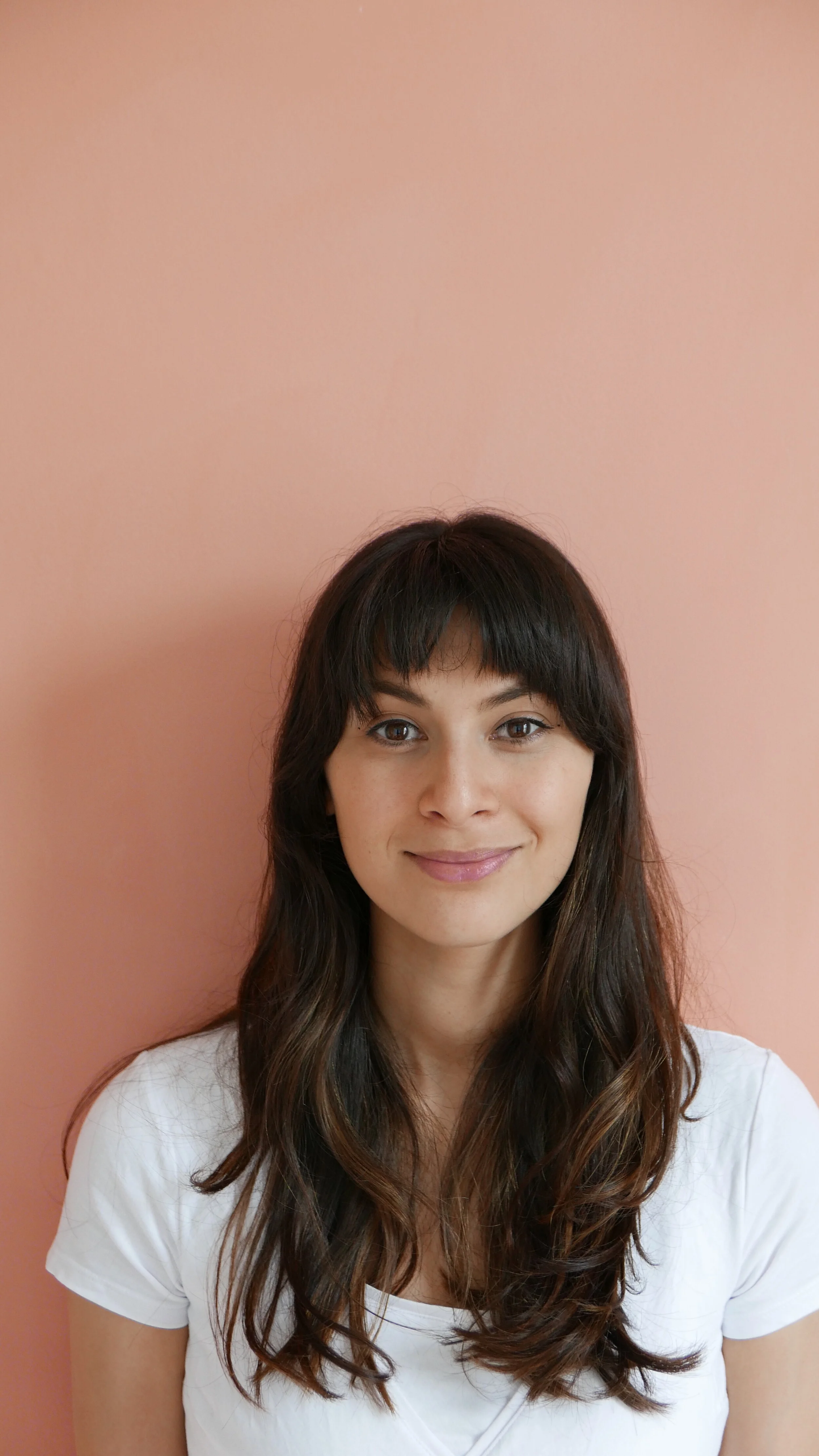How to Calm the Brain with Merly Kammerling
Merly Kammerling
Merly Kammerling worked in the kitchens of London restaurant’s such as Temper, Caravan and The Modern Pantry, and in former years she worked front of house as a Maître D’, waitress, barista and bartender. Despite her love for the industry, Merly realised after 5 years that the hospitality lifestyle was very taxing on her well-being. The early starts, the late finishes, lack of sleep, poor diet and little personal time. On top of a stressful work environment, personal demands and issues outside of work, it was difficult to maintain a good level of self care on both a mental and physical level.
Merly began to practice mindfulness and meditation to help her with her own mental and physical health as she felt herself becoming burnt out and destructive. Stress reduction techniques, mindfulness and small changes in her attitude towards self-care made a huge difference to her overall well-being, her performance at work and satisfaction of work-life balance. Now a qualified NLP Therapist, stress reduction instructor and meditation teacher, Merly has combined her experience of the hospitality industry with her studies and founded, Me, Myself in Mind. She has created classes to help others understand why stress happens in the mind and body, what tools can help to reduce stress, how mindfulness can be an extremely powerful self care tool, and what the basic signs and symptoms of mental health issues are.
Merly joined us on the first episode of The Shift Show, to share with us some techniques and iniights into managing stress. In particular during this time of uncertainty and uknown, with the COVID-19 pandemic.
Have a look at the workshops Merly is running for FREE, all info on her Instagram (thanks to Kelly’s Cause who are sponsoring - make sure you check them out too!)
Merly’s Top Tips for keeping our brain calm…
Anything you are feeling is ok. Go with it, it’s not about having to set yourself loads of goals or feel good everyday. What we are dealing with here is a life changing event, and it’s about helping yourself to process this.
Anger is not a bad emotion, it helps us to process things. So supressing your anger is not going to help you. If you are able to label your emotions - ask yourself “What am I feeling” and if it is anger your feeling, say to that emotion and feeling “Anger I know why you’re here, you’re here because…” Therefore validating that emotion and helping your brain to process it. Then say “I am allowed to feel this way, and this will pass.” Reminding the brain that this is an impermanent sitatuation that we are in, that this will pass. Life is fluid.
We’ve moved from living our lives, now to living in a state of survival. We’ve been busy with our working, learning things and focusing on our careers. We’ve been able to channel our energies into something, as well as financially being able to secure ourselves. But now we are in survivial mode. Our brain feels unsafe - how can we help the brain to feel safe:
Talk to your brain through your breath. Deep belly breathing is going to help you communicate to your brain not to go into fight or flight mode.
Inhaling and inviting your emotions eg. “I am feeling really overhwlmed and anxious now.” Exhaling “But I know that all is well, and this will pass.” This will help you express your emotions to your brain and make sense of an experience.
Look after your immune system. When you’re stressed, and feeling stressed over and over again - you’re actually depleting your immune system.
Sleep
Drink lots of water
Eat lots of fruit & vegetables (helps fuel healthy gut flora) The gut is connected to the brain, so create a healthy micro-climate through what you eat.
SING! When you sing, OM, chant - you are vibrating the vagus nerve, which runs from your brain to your gut. When it vibrates, it can calm your nerves. Stick on an album you really enjoyed as a kid or teenager - invite in a happy sense of yourself and get singing.
Try a meditation app - Insight Timer is our favourite at L.O.R. HQ, especially this one.
Listen to natural sounds - rain, ocean, wind, birds. There is something about natural random noise that is really good for our neural pathways. So if you can sit and listen to nature, that is calming and great for the brain.
Routine is good. It’s hard in hospitality but, routine especally at the moment is important. Our brain when it is in survival mode does not like uncertainty. We’re animals, we want to know what’s happening, so therefore routine helps because it helps us gain certainty in the day. Create some sort of safety for the brain - it’s about helping you feel more in control of your life. Give yourself little structures - lunch at the same time, a shower, bed time etc.

